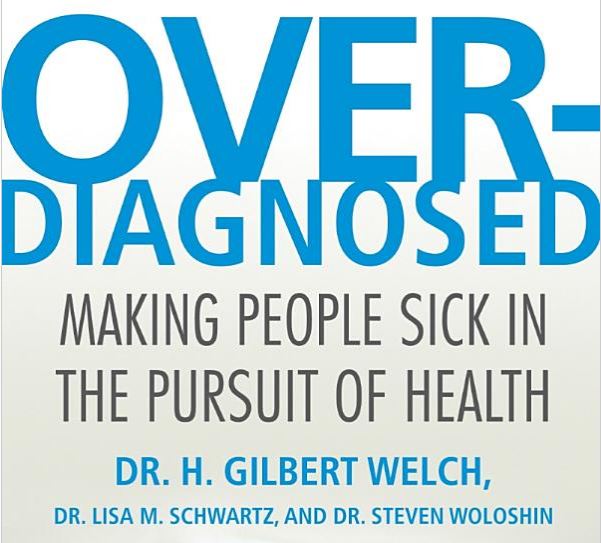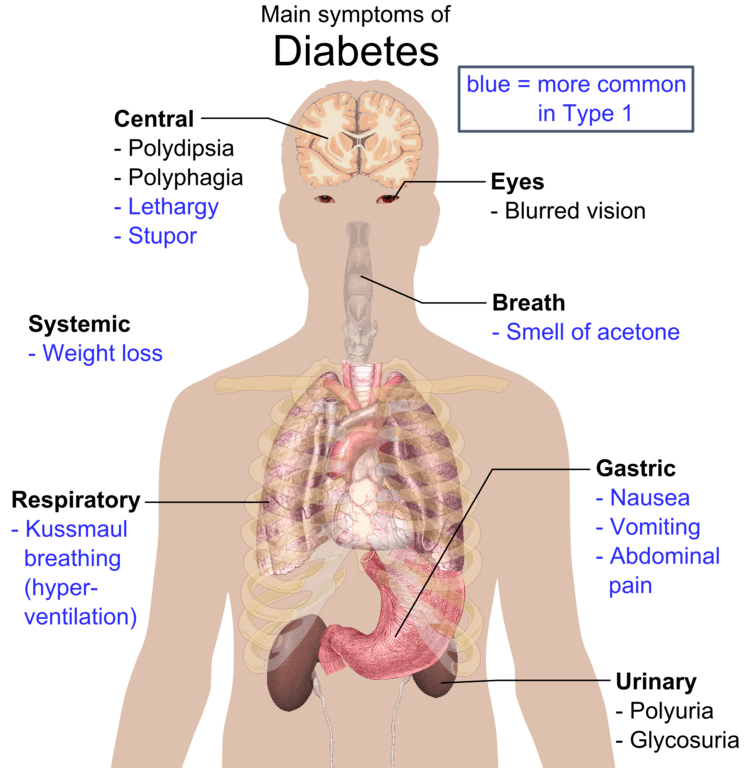Tag: diabetes
The Obesity Paradox
Being fat is bad except when it’s good. It’s called “the obesity paradox.” (No, that isn’t a mis-spelling for “two physicians who treat fat people.”) The adverse health effects of obesity are well established, but there are exceptions. Obesity appears to confer an advantage in certain subgroups with conditions like heart disease and diabetes. In the News Casual consumers of some recent...
Cinnamon for diabetes? The consequences of “natural alternatives”
A customer strolled up to the counter one night when I was working in a retail pharmacy: “My doctor says I have prediabetes. I don’t want to take any drugs. Do you have something natural I can use to cut my blood sugar?” I looked at him in the eye, and pointed at his sizeable midsection. “Sir, if you’re at risk for...
Inflammation: Both Friend and Foe
A number of buzz-words appear repeatedly in health claims, such as natural, antioxidants, organic, and inflammation. Inflammation has been implicated in a number of chronic diseases, including diabetes, Parkinson’s, rheumatoid arthritis, allergies, atherosclerosis, and even cancer. Inflammation has been demonized, and is usually thought of as a bad thing. But it is not all bad. In a study in Nature Medicine in September...

Overdiagnosis
Dr. H. Gilbert Welch has written a new book Over-diagnosed: Making People Sick in the Pursuit of Health, with co-authors Lisa Schwartz and Steven Woloshin. It identifies a serious problem, debunks medical misconceptions and contains words of wisdom. We are healthier, but we are increasingly being told we are sick. We are labeled with diagnoses that may not mean anything to our health....
Red Meat: Is It Hazardous to Health?
Red meat consumption has been linked to diabetes, cardiovascular disease, and several types of cancer (breast, colorectal, stomach, bladder, prostate, and lymphoma). There are plausible mechanisms: meat is a source of carcinogens, iron that may increase oxidative damage, and saturated fat. But correlation and plausibility are not enough to establish causation. Is red meat really dangerous? If so, how great is the...

What is disease? Diabetes, diagnosis, and real science
How do we know if people are sick? First, a disease is defined, then we check patients against the criteria. Though it sounds simple, it's not always.
Re-evaluating Home Monitoring for Diabetes: Science-Based Medicine at Work
There is no question that patients on insulin benefit from home monitoring. They need to adjust their insulin dose based on their blood glucose readings to avoid ketoacidosis or insulin shock. But what about patients with non-insulin dependent diabetes, those who are being treated with diet and lifestyle changes or oral medication? Do they benefit from home monitoring? Does it improve their...
Primary care challenge
In this space we’ve read about the efforts of “alternative” practitioners such as naturopaths to gain the moniker “primary care provider”. I’ve been wondering a bit about this. I’m a primary care physician. Specialists in internal medicine, pediatrics, and family medicine provide the bulk of primary care in the U.S. They attend a 4-year medical school, complete a 3-4 year residency, take...

